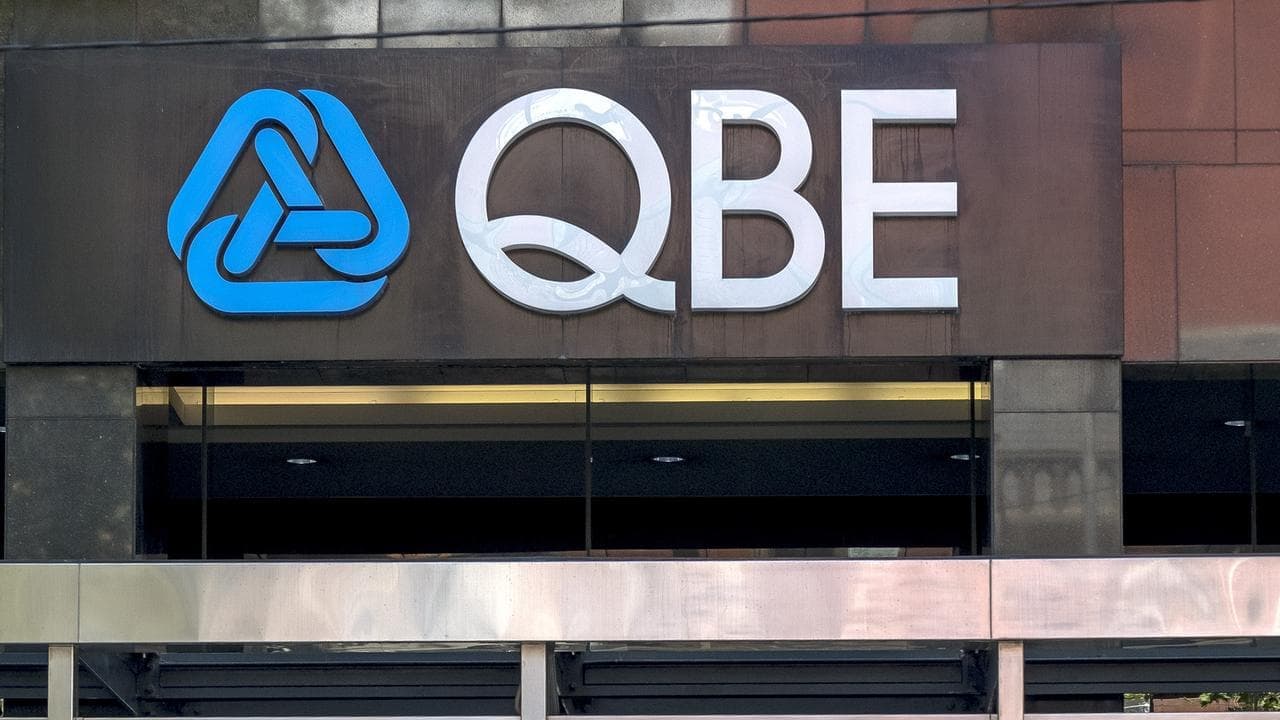WHAT WAS CLAIMED
Various posts in local community Facebook groups are genuine appeals for help.
OUR VERDICT
False. The posts contain false details and unrelated photos designed to generate interaction and shares.
A series of posts circulating in local community Facebook groups are being presented as genuine appeals for help, only to be edited later to lure users into clicking suspicious links.
The posts are first disguised as distressed pleas for help, with the author asking group members to share or "boost" the post to reach a wider audience. After the post has been shared, the content is changed to something unrelated, encouraging users to click links.
One post claims to show an injured dog that has been hit by a truck, with the user hoping to find the dog's owner. Different versions of the post have appeared in Facebook groups based in Bendigo, Wagga Wagga, Bunbury, Swansea, Port Pirie, Adelaide, Ulladulla, Hervey Bay, Gold Coast, and Bundaberg - see here, here, here, here and here (screenshots here).
Another post asks for help with a stolen dog (see here and here, screenshots here), with other versions having been edited later pretending to offer payment for completing surveys (see here and here, screenshots here).

Another post asks for help with finding a lost child (see here, here, and here, screenshots here). One version was later edited to appear to offer a financial assistance scheme (see here, screenshots here).
A British version of the post was debunked by Full Fact, which noted that an image used in some versions appeared to have been taken from an Australian news story about a 14-year-old girl in need of a bone marrow transplant.
Another image used in one version of the post appears to have come from a 2012 report by the Spokesman-Review about a missing child, who was later reported found safe.
In addition to images being taken from other online sources, there are several red flags indicating that the posts are fake. On the majority of the posts the comments have been disabled and others are from recently created Facebook pages (see here, here, here, here and here) posing as real profiles.
AAP FactCheck has recently debunked a similar post purporting to show a lost boy in a number of Australian towns.
The Verdict
Various appeals for help in community Facebook groups are fakes. The posts contain false details and unrelated photos designed to generate interaction and shares.
Once they have been shared, the posts are then changed to prompt users to click on links.
False - The claim is inaccurate.
AAP FactCheck is an accredited member of the International Fact-Checking Network. To keep up with our latest fact checks, follow us on Facebook, Twitter and Instagram.












